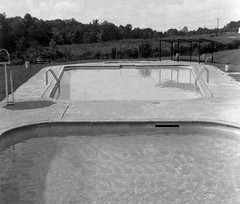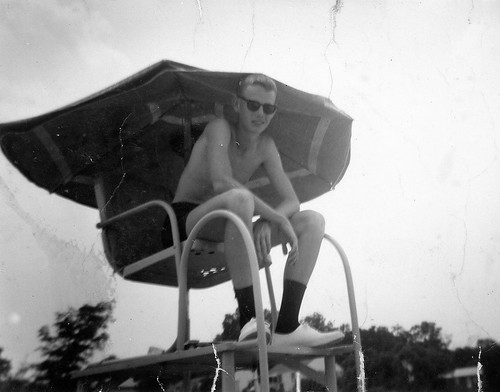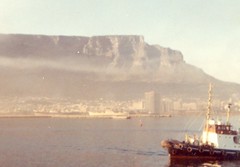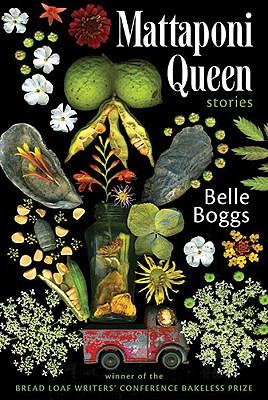The design was straight forward, three pools. The center main swimming pool varied from 3 to 6 feet of depth.
 At one end a baby pool was in front of the covered area at the top right in this 1961 photo. At the other end a 10' deep diving pool was to the right of the lifeguard stand which faced the cinderblock building containing the entrance, changing rooms, and concession stand. The pool water filter was located underground, just behind the lifeguard stand. This photo was taken from the diving board.
At one end a baby pool was in front of the covered area at the top right in this 1961 photo. At the other end a 10' deep diving pool was to the right of the lifeguard stand which faced the cinderblock building containing the entrance, changing rooms, and concession stand. The pool water filter was located underground, just behind the lifeguard stand. This photo was taken from the diving board.Operating the pool on a daily basis was a staff of local teenagers. There was a manager/chief lifeguard, an assistant lifeguard, and someone to oversee the admissions, changing rooms, and concession stand. The pay was low, the hours long, and the work contained a large janitorial component. But it was as close to Baywatch as could be found in our part of southside Virginia. Accordingly, there was no shortage of job applicants, most reasonably qualified. I was among the fortunate; during the summers of 1961, '62, and '63 I held each of the positions above in reverse order. I was a pool boy, with a whistle.
My assent to the lifeguard stand was a bit unlikely. My mother, a non-swimmer, was afraid of the water; she did her best to pass on her fears. On the other hand she wanted me to learn to swim, driving me on summer mornings what seemed like many miles for lessons at Clark's Pool. I managed to ignore the mixed messages and became as a minnow, one-with-the-water by the time I was about twelve. After taking the regular Red Cross sponsored swimming classes all that were left were for lifeguard. So I signed up for those as well.
In the summer of '61 when I was fifteen I was hired to operate the Community Park's concession stand. Although I was all of 5' 6" and weighed - dripping wet - 100 pounds, I was already a Red Cross certified Senior Lifeguard. (I may have lied about my age... OK, I lied about my age. Practice for buying beer a few years later.)
The photo above was taken two years later, after I had shot up six inches and gained maybe 30 pounds.
It was my first job, fifteen dollars a week. Averaging ten hours per day, seven days a week, I was making about 21 cents an hour, and worth every penny. That summer I had a learners permit in my wallet and a job at the pool. Life was good.
But this post is not about aqua-phobia or minnows, job descriptions or wages. It is an introduction to why I did not work at the Community Park in summer of 1964.
T.B.C.


